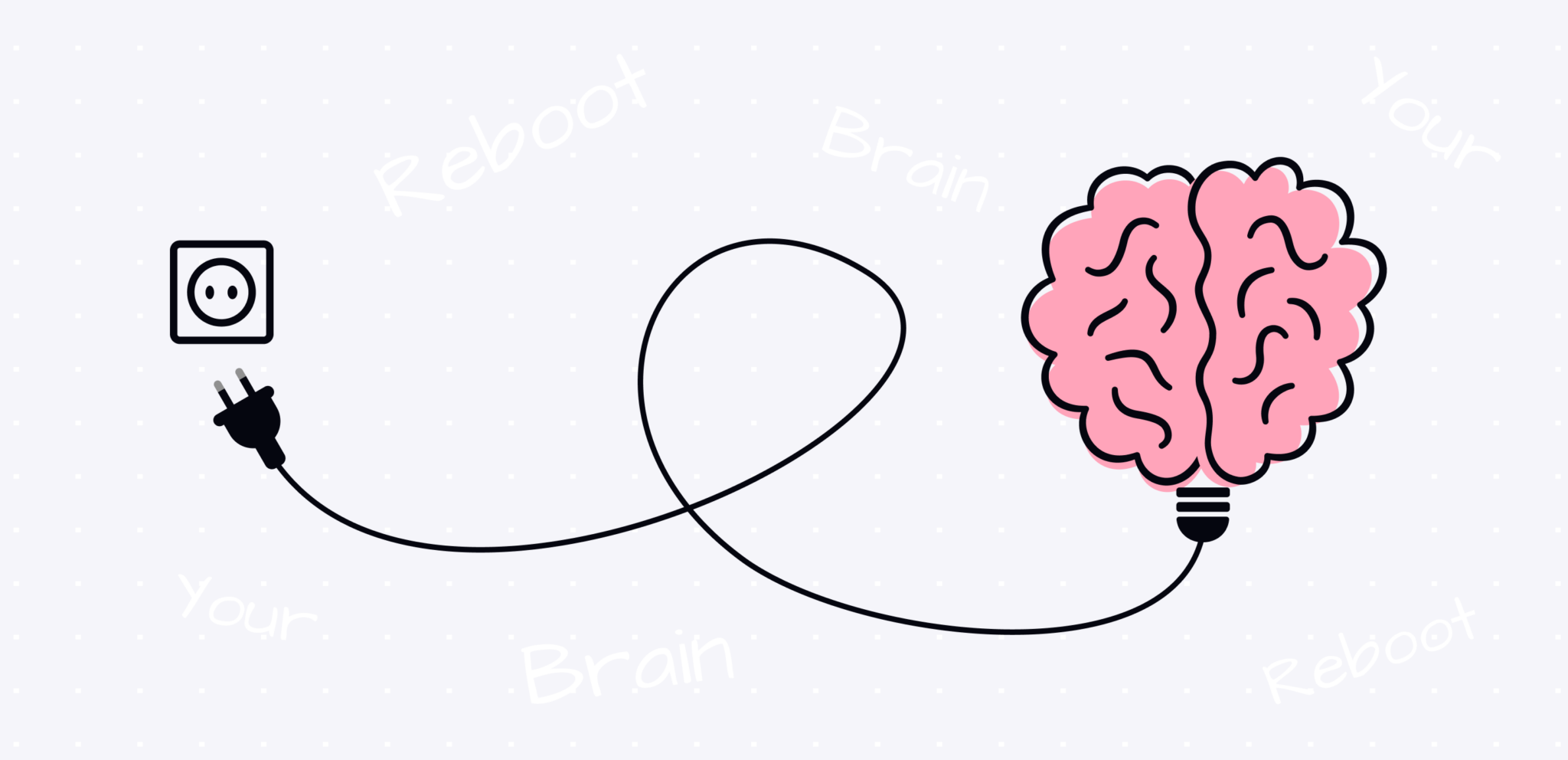How Mounjaro Affects Hormones, Hunger and the Brain

 If you’ve ever tried to lose weight through sheer willpower alone, you’ll know how exhausting it can be. One minute you’re motivated, eating clean and exercising. The next, your hunger creeps back, cravings hit hard, and the weight slowly returns.
If you’ve ever tried to lose weight through sheer willpower alone, you’ll know how exhausting it can be. One minute you’re motivated, eating clean and exercising. The next, your hunger creeps back, cravings hit hard, and the weight slowly returns.
This isn’t a failure of discipline. It’s your biology.
One of the most exciting things about new treatments like Mounjaro (tirzepatide) is that they finally offer a way to work with your body, not against it.
Let me explain how.
/assets/images/provider/photos/2660921.jpeg)
🧠 Hunger Isn’t Just in Your Stomach — It’s in Your Brain
Hunger is controlled by a complex network of hormones that communicate between your gut, pancreas, fat cells and brain. Two of the key hormones involved are:
- GLP-1 (Glucagon-Like Peptide-1)
- GIP (Glucose-Dependent Insulinotropic Polypeptide)
Mounjaro activates both of these hormones — and that dual action is what sets it apart from other weight loss injections.

🍽️ So What Does GLP-1 Do?
GLP-1 is released naturally after you eat. It helps:
- Slow down how quickly food leaves your stomach (so you feel fuller for longer)
- Signal to the brain that you’re satisfied
- Reduce appetite and cravings
- Improve blood sugar control
Other medications like Wegovy (semaglutide) also activate GLP-1 — but Mounjaro goes one step further.
⚡ The Added Benefit of GIP
GIP is a lesser-known hormone, but it plays a big role in:
- Enhancing insulin sensitivity
- Supporting fat metabolism
- Modulating reward pathways in the brain (which might affect emotional eating)
By activating both GLP-1 and GIP, Mounjaro appears to be more effective at reducing food noise. That constant mental chatter around snacking, cravings and portion control.
Many of my patients on Mounjaro tell me the same thing:
“I just don’t think about food the way I used to.”

🔄 Resetting the Brain’s Weight Regulation System
There’s growing evidence that people with obesity may have a “defended” weight set point — a weight the body tries to maintain, even if it’s unhealthy. This is why so many diets fail long-term: the brain fights back, increasing hunger and reducing energy use to regain weight.
Mounjaro may help “reset” this set point by:
- Reducing hunger hormones like ghrelin
- Changing how the brain processes fullness
- Supporting more stable blood sugar and insulin patterns
It’s not just about eating less — it’s about regaining control.
✅ Why This Matters
When you understand that obesity is a biological condition, not just a behavioural one, everything shifts.
Mounjaro isn’t a magic fix. But for many people, it removes the relentless hunger and mental battle that has made sustainable weight loss feel impossible for years.
And when combined with the right medical support, lifestyle changes and follow-up care — it can be truly life-changing.
💬 Final Thoughts from Me
As a GP and weight loss doctor, I’m genuinely excited about what Mounjaro means for the future of obesity care. It’s not about willpower. It’s about science, support, and helping your body do what it’s meant to do — feel better.
If you're interested in finding out whether Mounjaro is right for you, feel free to reach out or start your journey with us at HeySlim.
Let’s work with your biology — not against it.
Want to learn more or speak to a doctor? Book your consultation today or visit heyslim.co.uk.